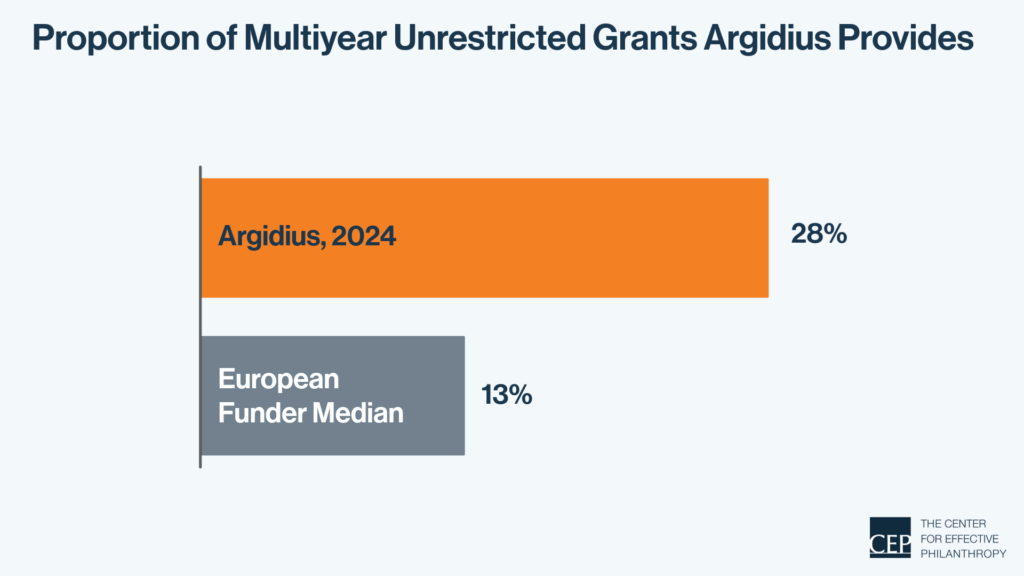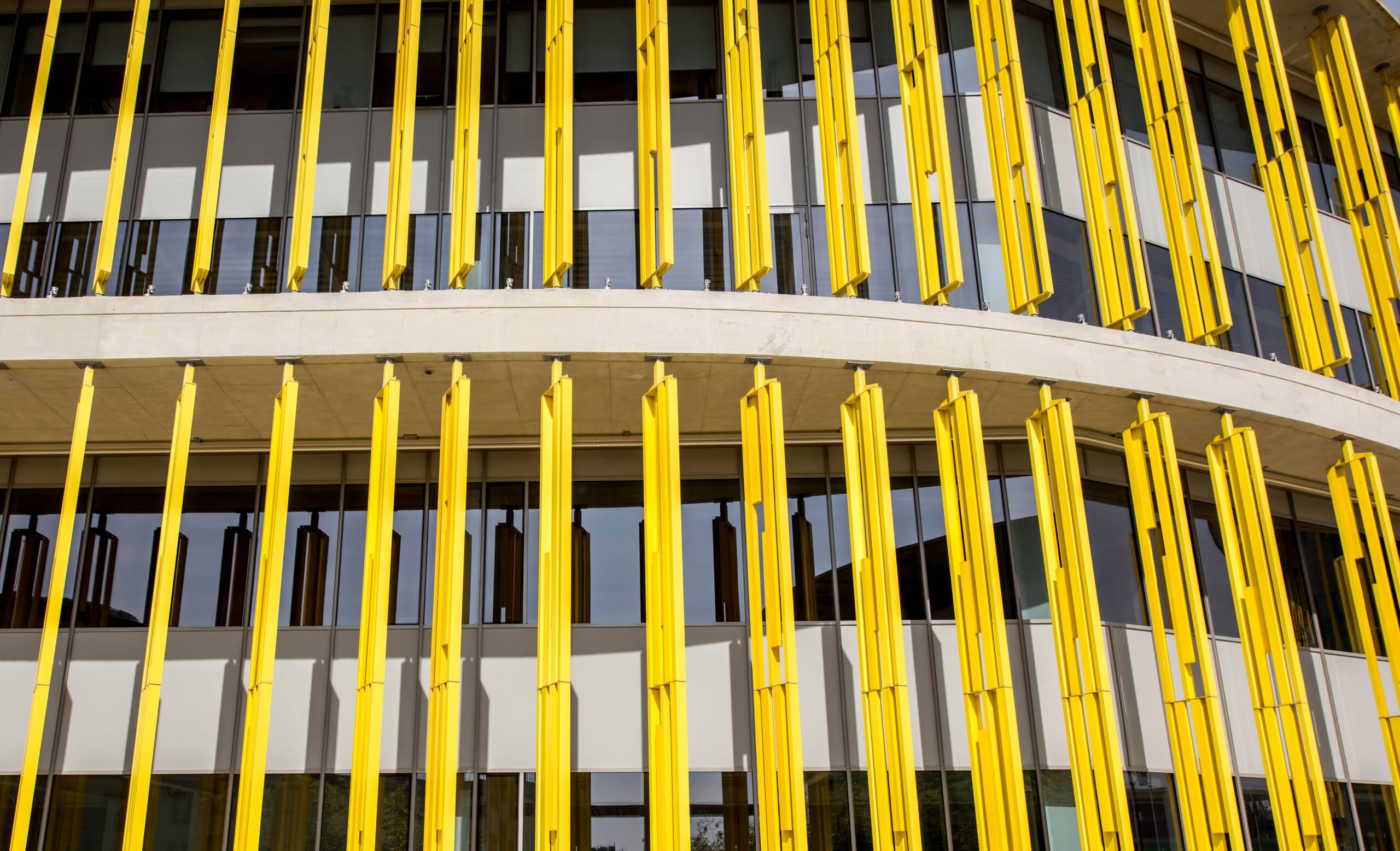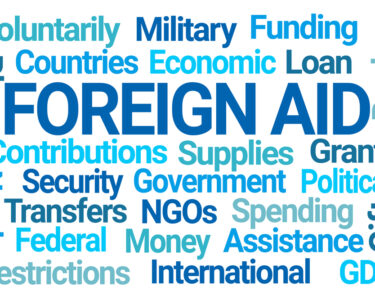“I think one of the most important things that philanthropy can do is be as anonymous and as shrinking-violet as possible, and just allow everybody else to take credit.” – Nicholas Colloff, Executive Director, Argidius
This post is the second of a three-part blog series that builds on the findings of a recent CEP publication, “Partnering for Progress: Grantee Recommendations for Europe-Based Funders.” The report examines grantees’ perceptions and recommendations their funders who are based in Europe and finds that three main issues are top of mind for them:
- They are asking for their funders to invest in building deeper relationships with them
- They report that in many cases application and reporting processes by their European funders are burdensome and they call for further streamlining and simplification
- They praise the benefits of flexible and unrestricted funding, and funders’ useful assistance beyond the grant and are asking for more support of this kind.
In this blog series, we are sharing three profiles of funders who are amongst the higher rated Europe-based funders in CEP’s Grantee Perception Report dataset and who have been implementing approaches and practices that directly address some or all of the three above-mentioned grantee suggestions.
Argidius has commissioned CEP’s Grantee Perception Report (GPR) twice in the last six years to listen to its grantee partners. It has, over time, grown the proportion of multiyear, flexible funding that it provides with a specific focus on the partners’ organizational development. In addition, it has been championing knowledge creation and advancement for enterprise development though its SCALE framework, which is based on a set of evidence-based practices that improve the effectiveness of business development services.
Highlighted Practice 1: Flexible, Multiyear Funding
Argidius is among the top two percent of funders in CEP’s dataset for the proportion of its grants that are given for two years or longer (95 percent). Since 2019, the time of its first GPR with CEP, it also more than doubled the proportion of unrestricted funding its partners receive, now 28 percent (the European funder average in CEP’s dataset is 18 percent).

According to the Foundation’s executive director, Nicholas Colloff, Argidius provides mostly ‘semi-flexible’ funding. He explains: “It’s not entirely unrestricted, but it is very much designed to say, ‘Okay, what we want to do is help you become a better organization. So, over the next three years, what would it look like to be a better organization? Tell us how much that would cost.’”
Colloff shared the Foundation typically provides funding over a three-year horizon, but that relationships may extend beyond this through multiple overlapping, multiyear grants, seeing the foundation work alongside grantees for a decade-plus, in some cases. He notes that their approach focuses on organizational development rather than strictly prescribed project activities, giving partners some flexibility in how they use the funding to strengthen their organizations.
Catherine Gitonga, CEO of Smart Regional Consultants, an Argidius partner in Kenya, expresses their appreciation for the flexibility that Argidius shows and for providing “the space to pivot” and adapt to the changing context. Another partner, Juan Carlos Thomas Soto of Technoserve, points out that this is not the case with other funders:
“[Argidius]is one of the few donors where we don’t struggle to charge the overhead that’s required to fund the organization that’s going to be running the program … the average partner is not willing [to pay] or [is] willing to pay very little overhead, as if the program will run out of only direct costs.”
Highlighted Practice 2: Contributing to Advancing Knowledge in Partners’ Fields
Argidius also stands out for adding value to their partners’ work beyond the grant, particularly through contributing to advancing the state of knowledge in enterprise development.
When surveyed by CEP about the extent to which Argidius has advanced the state of knowledge in their field, grantees rated the Foundation in the 98th percentile.
Argidius is intentional about this knowledge creation through its SCALE framework, which has been largely created using data that have been contributed by partners through their reporting to Argidius. According to Colloff, to gain buy-in from partners for this process, the Foundation “set out a learning agenda that was very clear… [and told partners] if we get this right, we’ll be able to tell everybody this is what good looks like.”
Eunice Martinez, from the Guatemalan partner organisation FUNDAP, finds Argidius’ contribution to knowledge creation valuable, especially given its expertise as a “specialised donor with a business mindset.” She also appreciates the role that Argidius plays in convening partners and facilitating cross learning and exchange. Gitonga also finds that this contribution to knowledge creation and publication by Argidius is “very supportive to our cause, especially when we are talking to other partners or funders. Now we have a document to show that [what we say] is actually true and that there is this data in the market.”
About Argidius
Argidius’ mission is to encourage entrepreneurship and help small businesses grow and create jobs, with the goal to tackle deep-rooted poverty challenges.
Headquarters: Zug, Switzerland
Geographic focus: East Africa, Central America
Natalia Kiryttopoulou is the lead for Global Assessment and Advisory Services at CEP.
Editor’s Note: CEP publishes a range of perspectives. The views expressed here are those of the authors, not necessarily those of CEP.
👇Follow more 👇
👉 bdphone.com
👉 ultractivation.com
👉 trainingreferral.com
👉 shaplafood.com
👉 bangladeshi.help
👉 www.forexdhaka.com
👉 uncommunication.com
👉 ultra-sim.com
👉 forexdhaka.com
👉 ultrafxfund.com
👉 bdphoneonline.com
👉 dailyadvice.us




